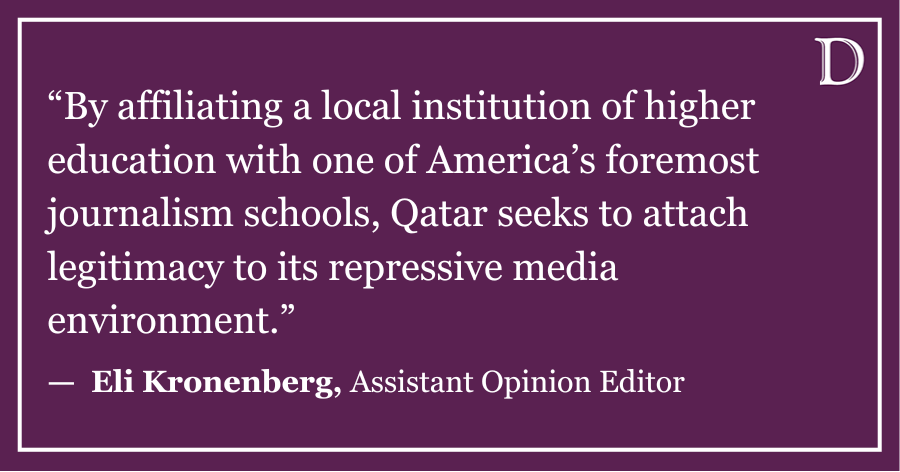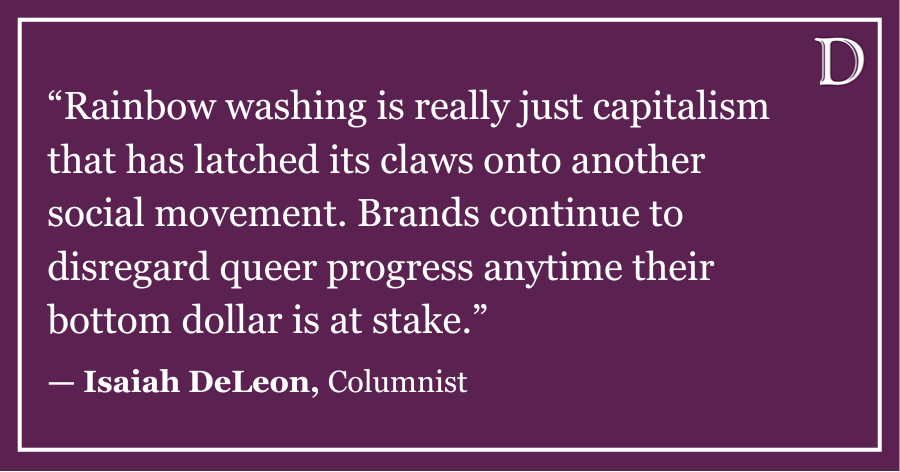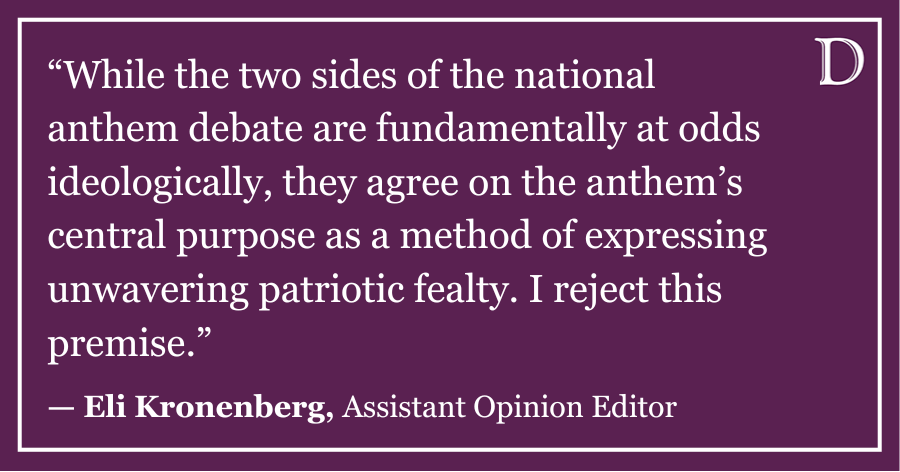Like most Northwestern students and Americans, I’m tired of the political marathon that has been the presidential race. I’m looking forward to going on social media without seeing annoying ads, ridiculous statuses and silly debates. And, like about half of Americans, I made up my mind long ago to support former Massachusetts Gov. Mitt Romney. I don’t agree with all of his positions, but I find that many of our core economic beliefs overlap, even if he had to play a game of political Twister to satisfy his conservative base during the campaign.
That said, I don’t think that Obama’s victory will have a drastic impact on America’s economic performance over the next four years. The United States is still recovering from the 2008 financial crisis. Barring world-changing events like the disintegration of the Eurozone or a hard landing in China, it’s probable that the most influential short-term economic decision that our next president will make is finding a replacement for Federal Reserve chairman Ben Bernanke when he departs in 2014.
I’m not at all saying that this election has been pointless. Voters who expected contrast on the scale of Franklin D. Roosevelt and Ronald Reagan were surely disappointed to see two relatively similar candidates running, but President Obama does have the task of shaping the long-term U.S. economic landscape. Although there is a laundry list of policies that could use a healthy dose of reform, they basically boil down to three things: tackling the deficit, increasing worker productivity and optimizing our incentives system.
It’s safe to assume that even our fragmented political system will avoid the “fiscal cliff” of automatic spending cuts and tax increases that will take effect at the end of the year. However, the long-term economic fiscal picture looks more questionable. In the landmark book “This Time is Different: Eight Centuries of Financial Folly,” former IMF chief economist Kenneth Rogoff showed that once the debt-to-GDP ratio consistently passes 90 percent, growth begins to slow down. Although correlation doesn’t equal causation, an American debt-to-GDP ratio over 100 percent and an equally alarming deficit-to-GDP ratio of more than 8 percent should put fiscal reform on the top of the agenda.
At the same time, fiscal consolidation is no easy task. Bill Clinton, the last president to run a budget surplus, benefited enormously from productivity and GDP growth spurred by the first tech boom. Unfortunately, our president four the next four years will have no such luck. Instead, President Obama will return to the White House faced with stagnating productivity growth and a secondary education system that is mediocre at best. Shockingly, education reform, which I wrote about earlier, was very low on the priority list for both Romney and President Barack Obama on the campaign trail. Nevertheless, a stronger education system represents America’s best chance of clawing out of its funk, although it will take decades for clear returns to emerge.
In addition to strengthening the American education system, President Obama will also need to strengthen the position of small businesses and entrepreneurs in order to boost productivity. The latter is especially important to making incremental gains in productivity that are ultimately the difference between poor and great economic performance in advanced economies. This is another complicated matter: The convoluted regulatory and taxation systems grant competitive advantages to the largest corporations while raising effective marginal rates on companies that cannot afford lawyers to take advantage of tax loopholes.
However, the tax code is not the only obfuscator of economic incentives. Our large entitlements system, particularly Social Security and Medicare and Medicaid, will be insolvent as the worker-to-dependent ratio decreases. Moreover, the entitlements system coincides with poorly structured markets, especially for healthcare. High medical costs are no accident considering the market concentration of insurance companies, the bargaining power of healthcare professionals, and underfunding for medical education.
Unfortunately, I’ve only skimmed the surface of the structural issues that face both President Obama and the new 113th Congress. I haven’t delved into increasing investment in physical and information infrastructure, energy policy or increasing research in key fields ranging from STEM subjects to economics and finance. In other words, the winner has a pretty damn hard job coming up.
While the short-term economic future of America isn’t set it stone, it won’t deviate much based on President Obama’s reelection. Arguably, the most important election this year was Greece’s decision to elect a pro-Euro party to power during the summer, buying the European dream and the world economy precious time. What we really voted for are very important nuances in the vision for America’s economic role. I hope you feel happy with your selection, but even if, like myself, you’re unhappy with the ultimate outcome, rest assured that we will do this all over again in 2016. Maybe the picture will be a lot clearer by then.
Jan Jaro is a McCormick sophomore. He can be reached at [email protected]. If you would like to respond publicly to this column, email a Letter to the Editor to [email protected].























